The Great Revolt: Understanding Real Trump Voters
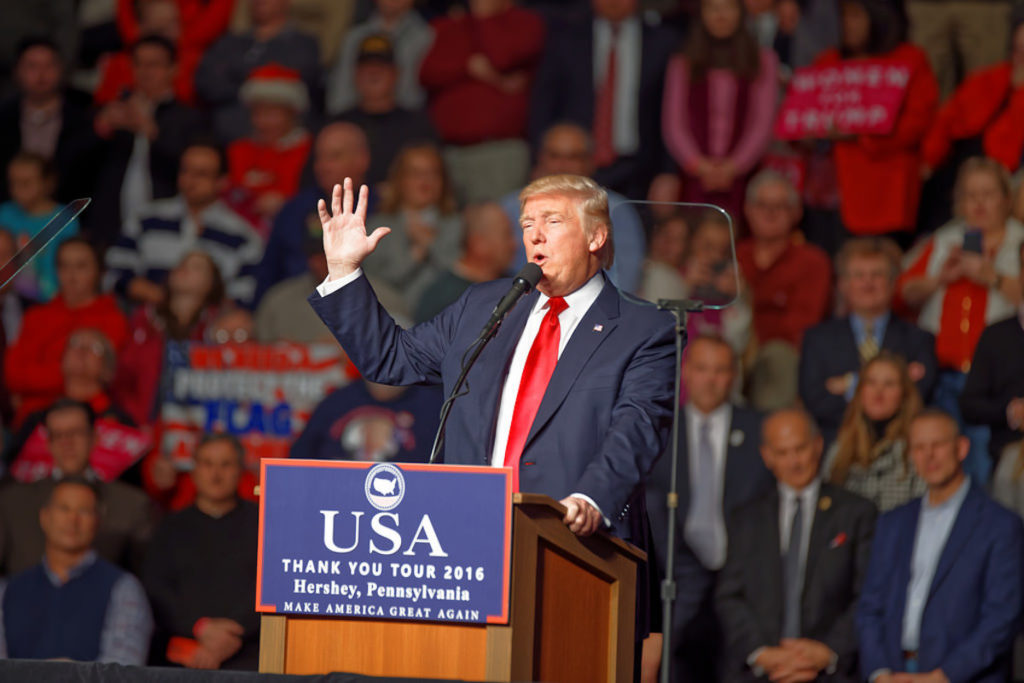
The country’s ruling elites misunderstood or ignored the concerns of a significant segment of the electorate. The Great Revolt suggests that those elites should move beyond lamenting the misfortune (to them) of Trump’s elevation to the presidency and ponder the mistakes on their part that made it possible.
Pilgrims in Our Own Country: The Christian Confession and the Christian Conundrum
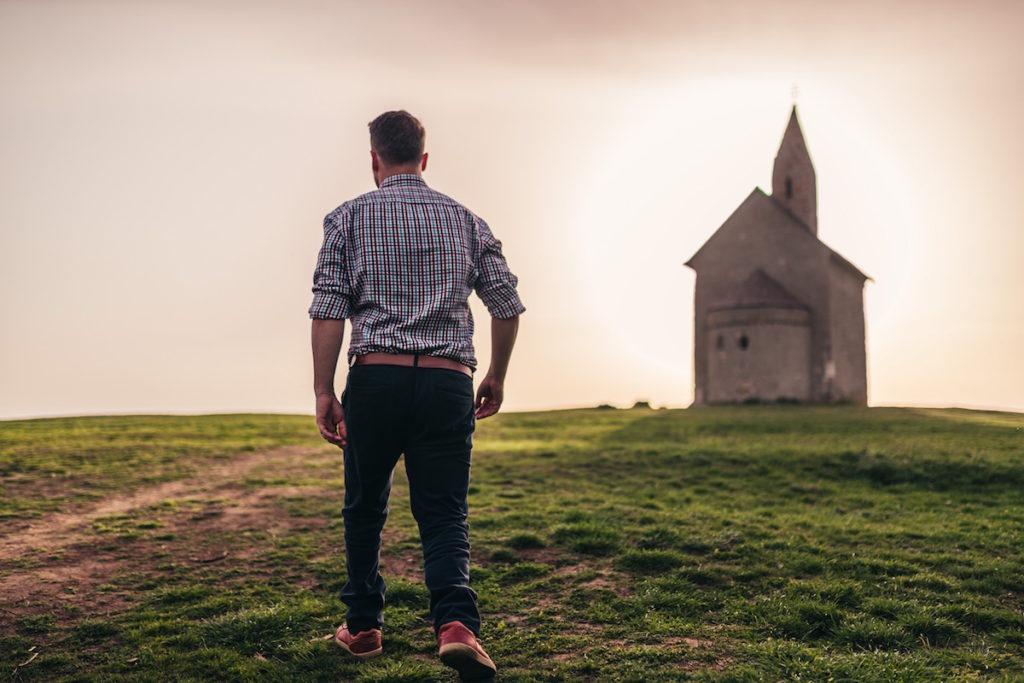
National politics has its place, but the more important and urgent task for Christians is the construction and maintenance of actual communities in which the personal and social implications of the Christian Confession can be realized.
The Foundations of the Human Person: Fr. James Martin, Robert P. George, and Daniel Mattson on the Terms of Gay Identity

The language of “orientation” is not neutral with respect to the nature of human beings. It makes a fundamental claim about human nature—one that rejects the given order of reality.
Deicide on the Right
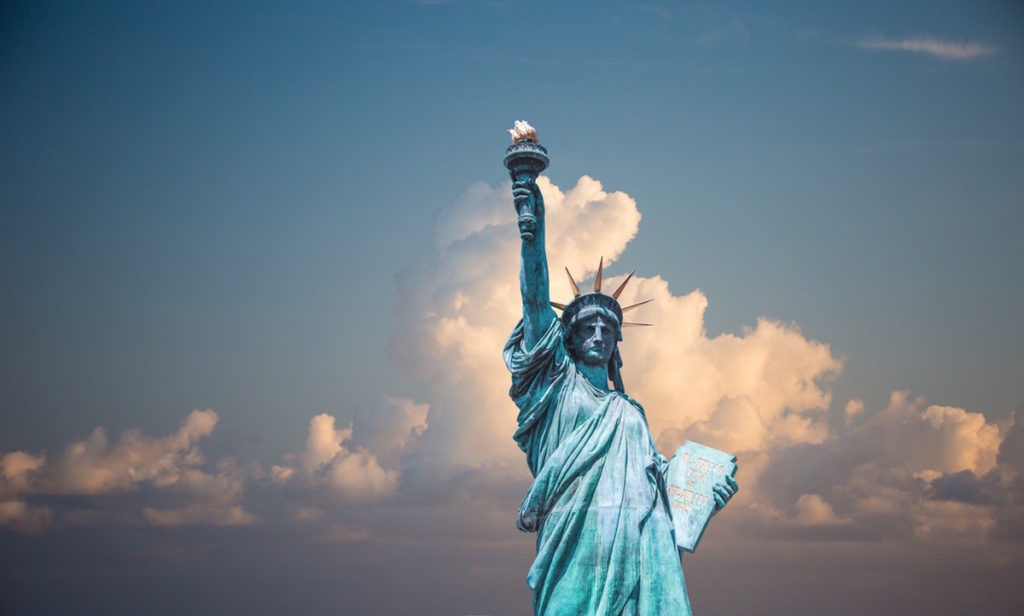
Jonah Goldberg makes a fundamental mistake by tossing out God in the opening sentence of his latest book, Suicide of the West.
How Legislatures Can Combat the Problem of Judicial Supremacy and Protect Human Rights
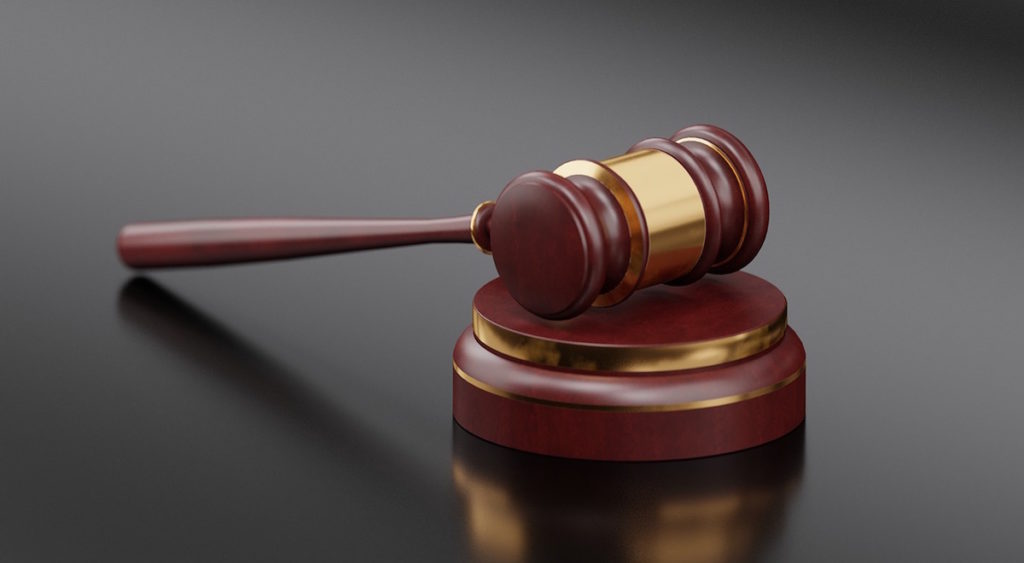
Though Legislated Rights is primarily written for legal philosophers, it bears important lessons for all who work to secure human rights in law. It challenges conventional views about the supremacy of courts in specifying and vindicating rights, arguing that legislatures can best accomplish this task.
Jewish, Christian, and Muslim Theologians Find Common Moral Ground
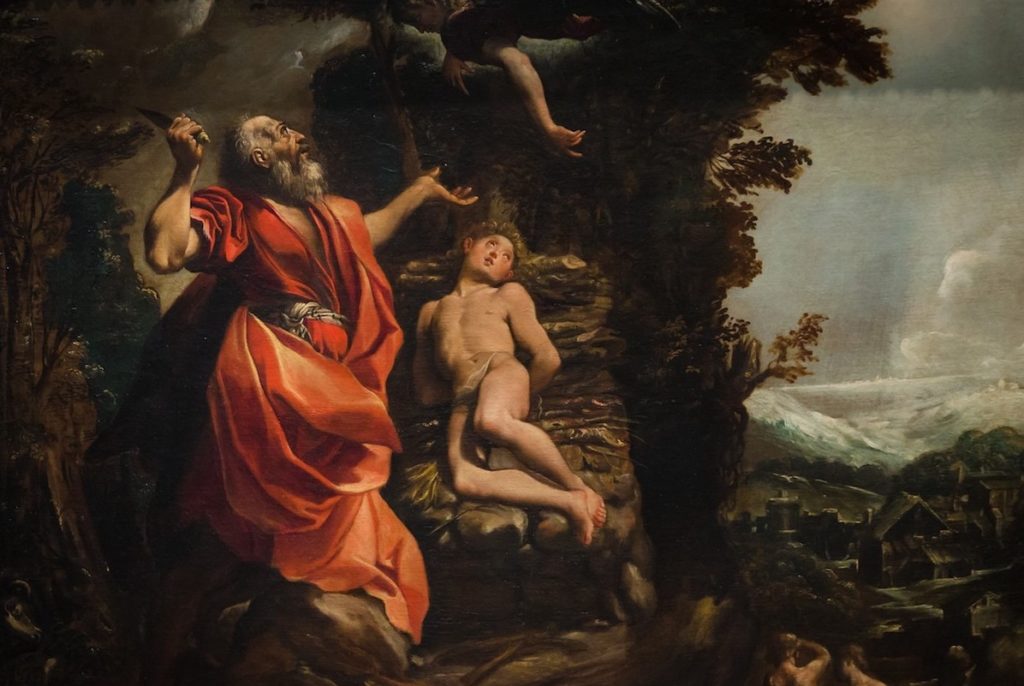
Three prominent theologians—one Jewish, one Christian, and one Muslim—have published a ground-breaking document that affirms the Noahide values as the foundation for all three religions.
Reading for Virtue’s Sake: A Conversation with Karen Swallow Prior and Joshua Gibbs

The authors of two new books on reading agree: reading good literature well is not only enjoyable, it is also a veritable school of virtue. The pleasure to be gained by reading well is a skill that, like virtue itself, is achieved through practice.
Making Death Easier Makes Life Harder

A culture of disdain for disabled and elderly persons is more likely to come about if we embrace a right to assisted suicide. Each endorsement of suicide endangers not only the lives but also the human dignity and quality of support relationships of persons with burdensome infirmities.
Originalism, Kavanaugh, and Virtue Ethics: A Response to Michael Sean Winters
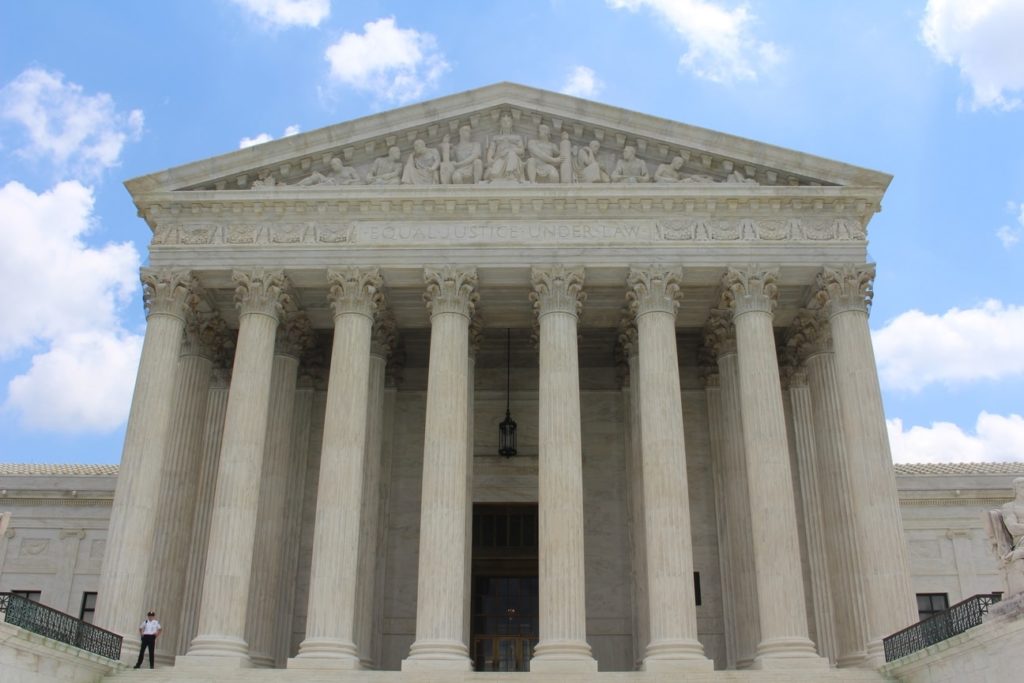
Virtue ethics can help originalism maintain its integrity.
Securing Free Speech and Free Inquiry on Campus: Lessons from Charles Murray’s Visit to Notre Dame

Intellectual diversity, academic freedom, and freedom of speech are means to an end, the end of truth-seeking. If a university does not retain its traditional mission of seeking the truth through reasoned discourse, it will not remain committed to freedom of inquiry or freedom of speech.
Is It Possible to Reconcile Nationalism and a Commitment to Universal Human Dignity?
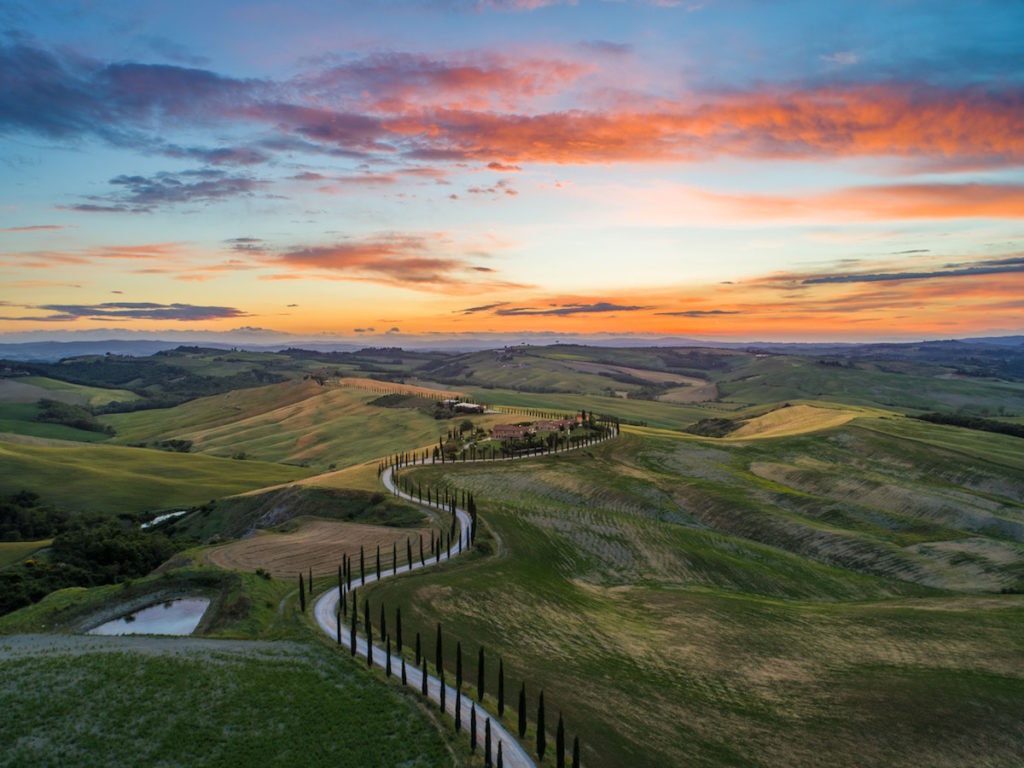
Can nationalistic love of one’s country be integrated into a moral framework of universal human dignity? Yoram Hazony’s new book tackles this question, but his answer is unsatisfying.
The Church Cannot Teach That Capital Punishment is Inherently Wrong: A Reply to John Finnis

The Catholic Church insists that even popes have no authority to introduce novel doctrines. To teach that capital punishment is inherently immoral would manifestly be a novel doctrine—not simply going beyond but explicitly contradicting what the Church, scripture, and tradition have taught for two millennia.
Women and Children First: The Missing Rescue System

America has rescue systems in place for every potential catastrophe and every group of people— except preborn children at risk of being killed by abortion.
Common Grace, Natural Law, and the Social Order
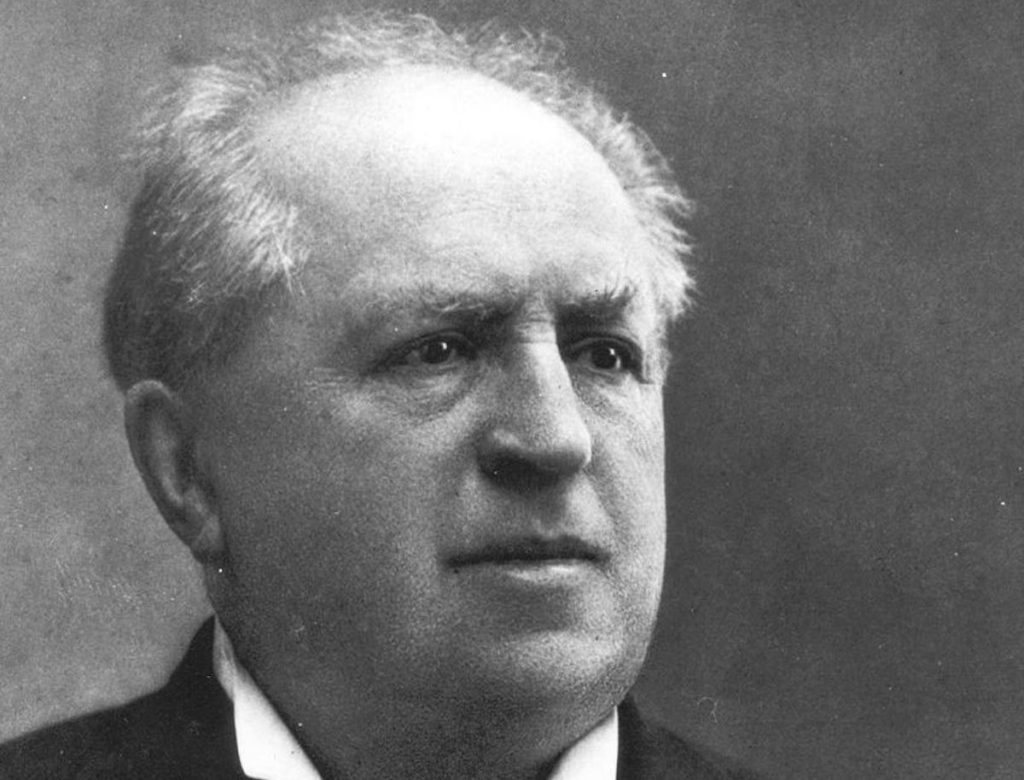
Abraham Kuyper’s teachings help us to rightly value the created order. They also help us understand the ways in which the “common grace” of God preserves the social order through the state, the family, and the dignity of individual work.
An Informed Patriotism
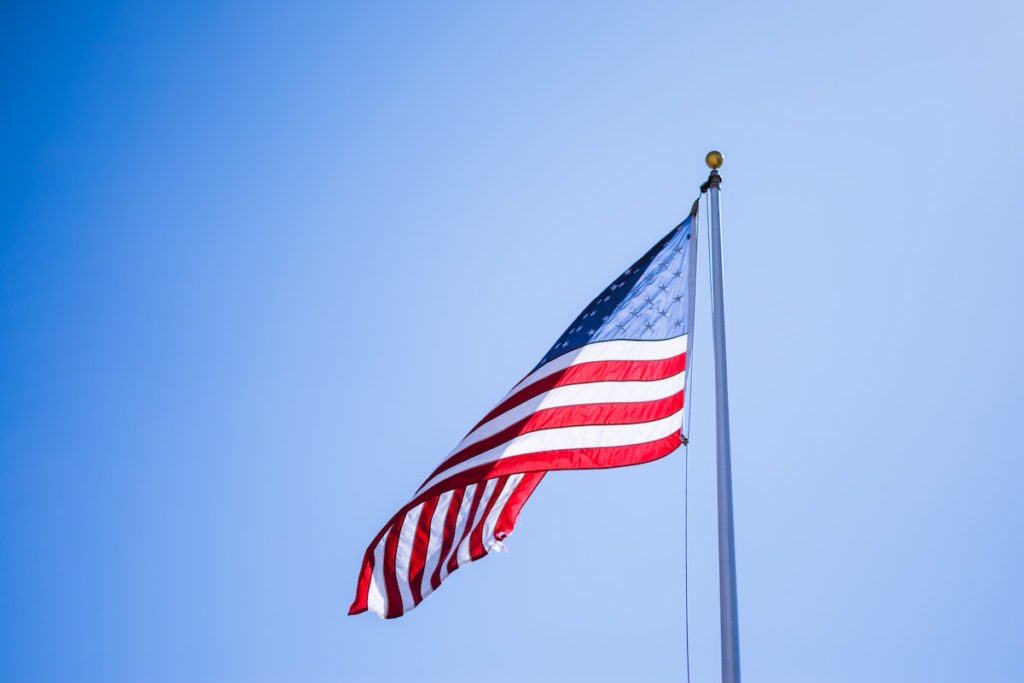
September 11 should serve as a day of remembrance, but also as a day of reflection. We should reflect on the day, what it means to be an American, and how we can take up President Reagan’s charge to develop an “informed patriotism.”
Pope Francis on Silence
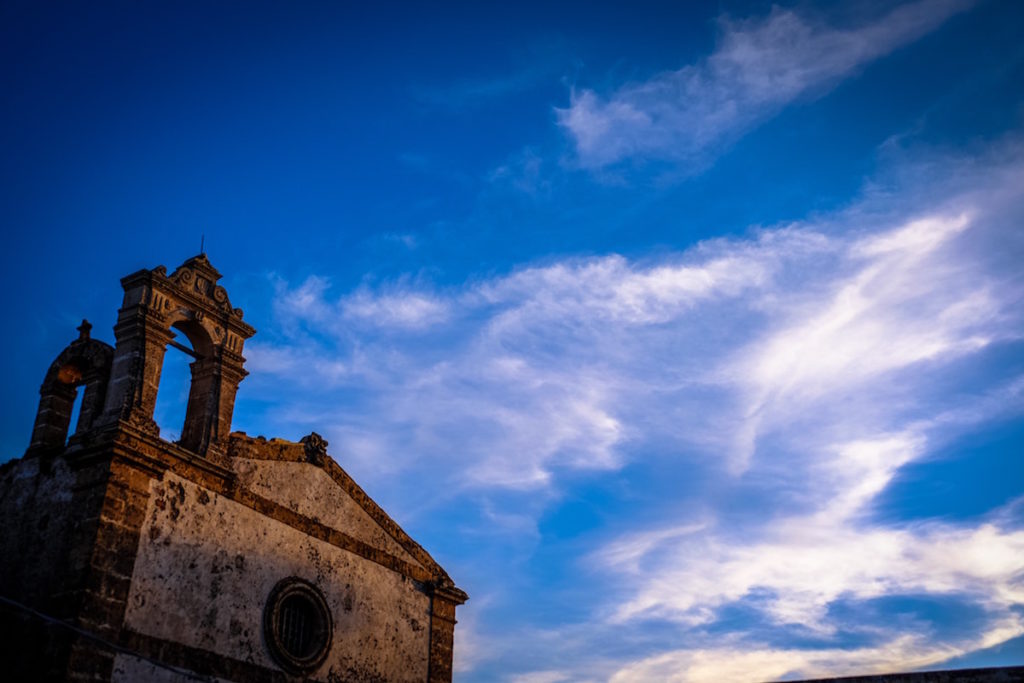
Silence is not enough. The wounds of the Church cannot begin to heal until Pope Francis honestly responds to Archbishop Viganò’s allegations. He has a responsibility to do so.
Memo to Chelsea Clinton: Freedom Does Not Require Women To Become Like Men

Any serious critique of abortion must acknowledge what many abortion advocates do not: freedom does not require women to become like men.
Why Americans Should Care About the Uyghurs

Americans need to pay attention to what is happening to the Uyghurs in western China. Failure to respond to the crisis could result in profound human suffering and damage to America’s strategic interests.
Building the Benedict Option: Leah Libresco’s Guide to Christian Community

Fans of the Benedict Option and the Option-averse alike will benefit from reading Leah Libresco’s peppy, prayerful, practical handbook.
Supreme Court Justice Neil Gorsuch: A Natural Law Originalist
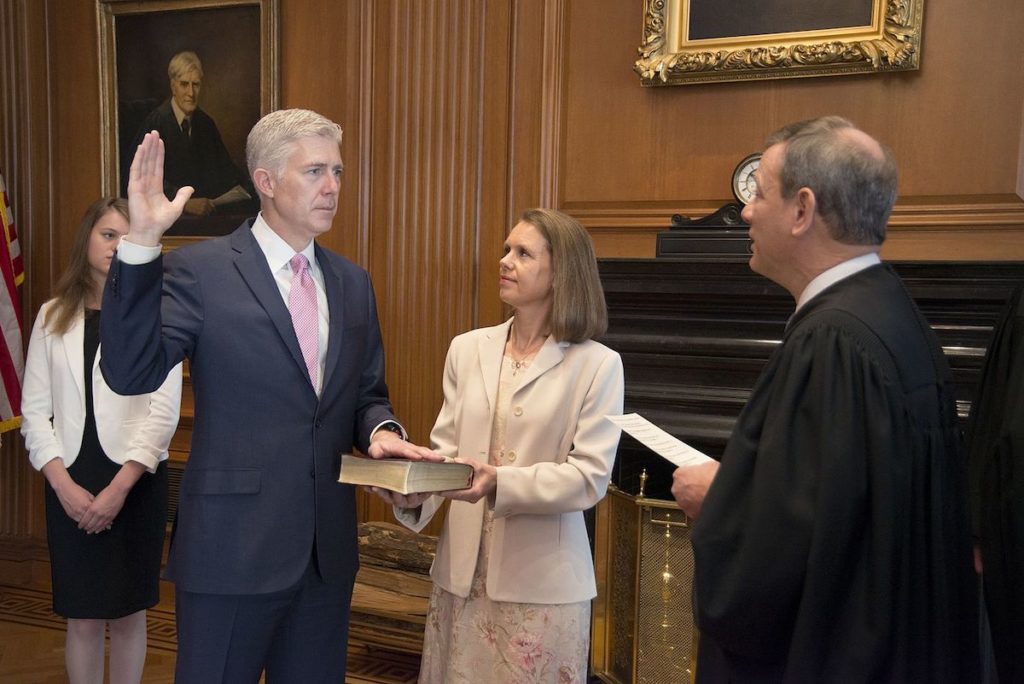
We might call Neil Gorsuch a natural law originalist: a jurist who believes that the content, motivation, form, and impact of the Constitution that he’s called upon to uphold and of the laws he must fairly interpret are—for the most part—sound expressions of the account of human good and human dignity to which he subscribes.




